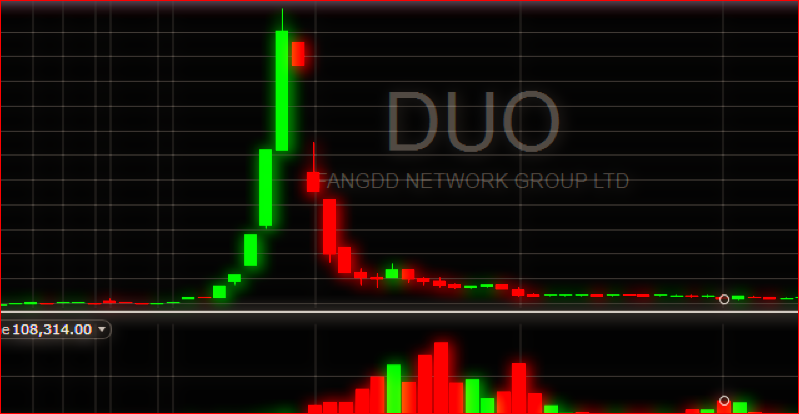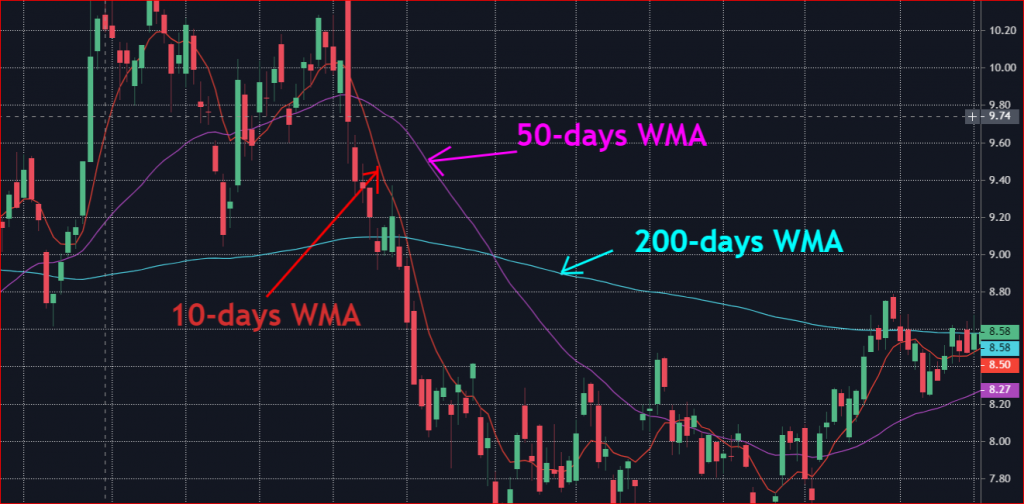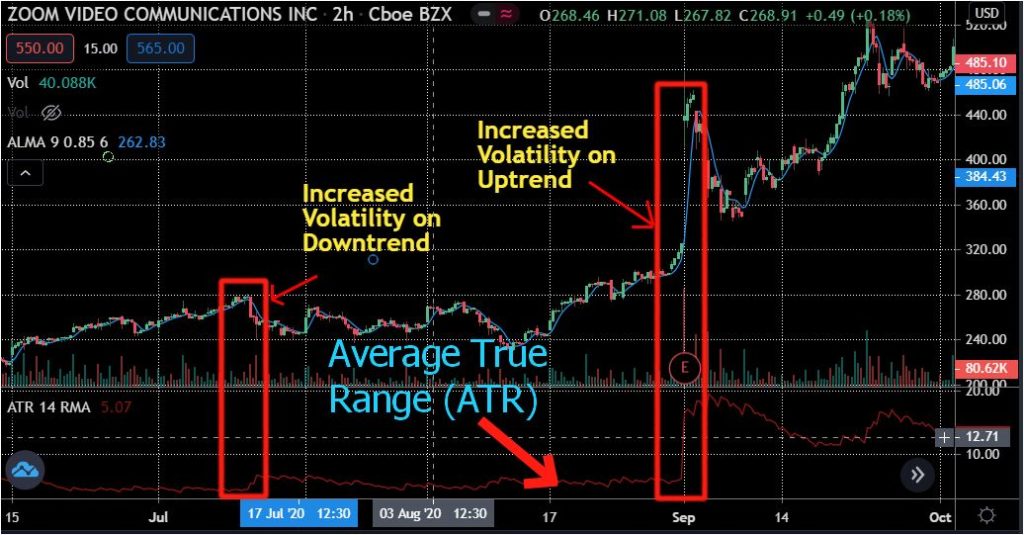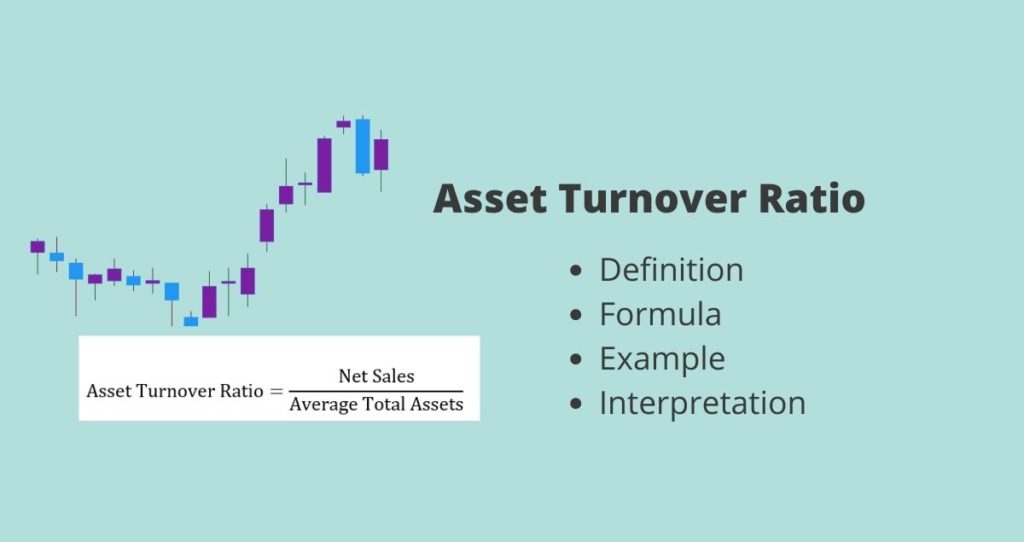What is cash flow?
Cash flow is the amount of cash and its equivalents a company brings in. This amount is the difference between all money that came into the company and all expenses(money that exited the company).
For individual investors, it will be the difference between cash and cash equivalents coming into and out of their portfolios.
For example, let’s assume that you purchased a rental property on a loan. Your tenant will pay you money every month. This will be your rental income.
The property will have a lot of expenses associated with it. Some of these expenses include but not limited to mortgage payments, property insurance, property taxes, maintenance fees, etc. The rental income will be used to cover these expenses.
After all those expenses are taken care of, you will calculate how much money left.
If the remaining amount is positive, you will be making money on the house.
On the contrary, if the remaining amount is negative, you will be losing money on the house.
Importance of cash flow for businesses
Cash flow is important for the health of your portfolio and business. In order words, your ability to generate profits will influence your future success.
- Positive cash flow: Shows that the company’s cash reserve is increasing. This money can be used to pay dividends or can be reinvested in the company for more growth. For individual investors, it will mean that the values of their portfolios are increasing. The money can be reinvested to acquire more assets or pay the salary to investors.
- Negative cash flow: Indicates that the company is spending more money than it is bringing in. This could be a red flag for many investors if the company keeps losing money.
Types of cash flows
The following are are types of cash flow.
- Operational: It represents cash received or spent due to the company’s business activities
- Investment: Represents cash received or spent due to the company’s investment activities
- Financing: Represents cash the company received through debt









